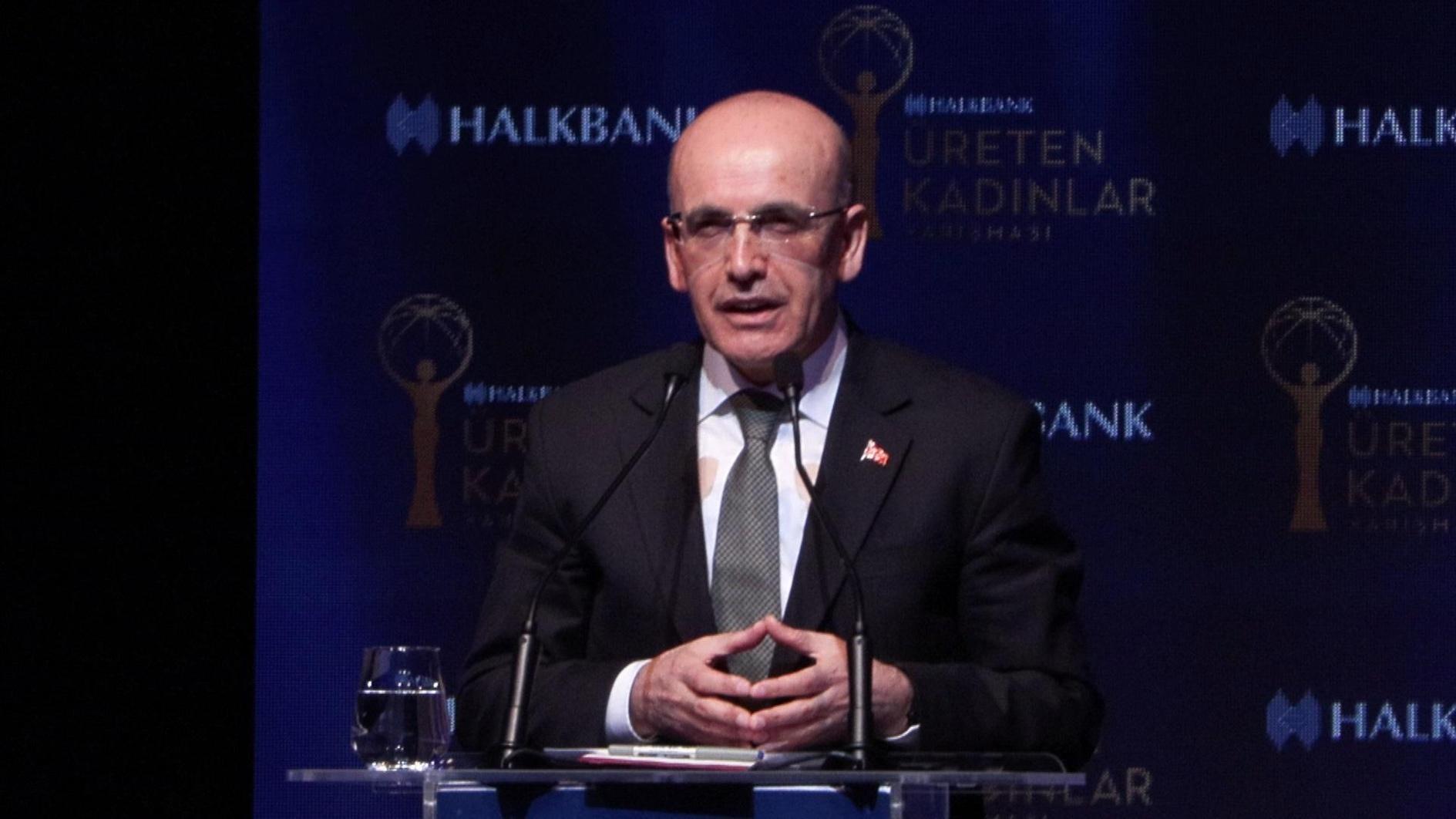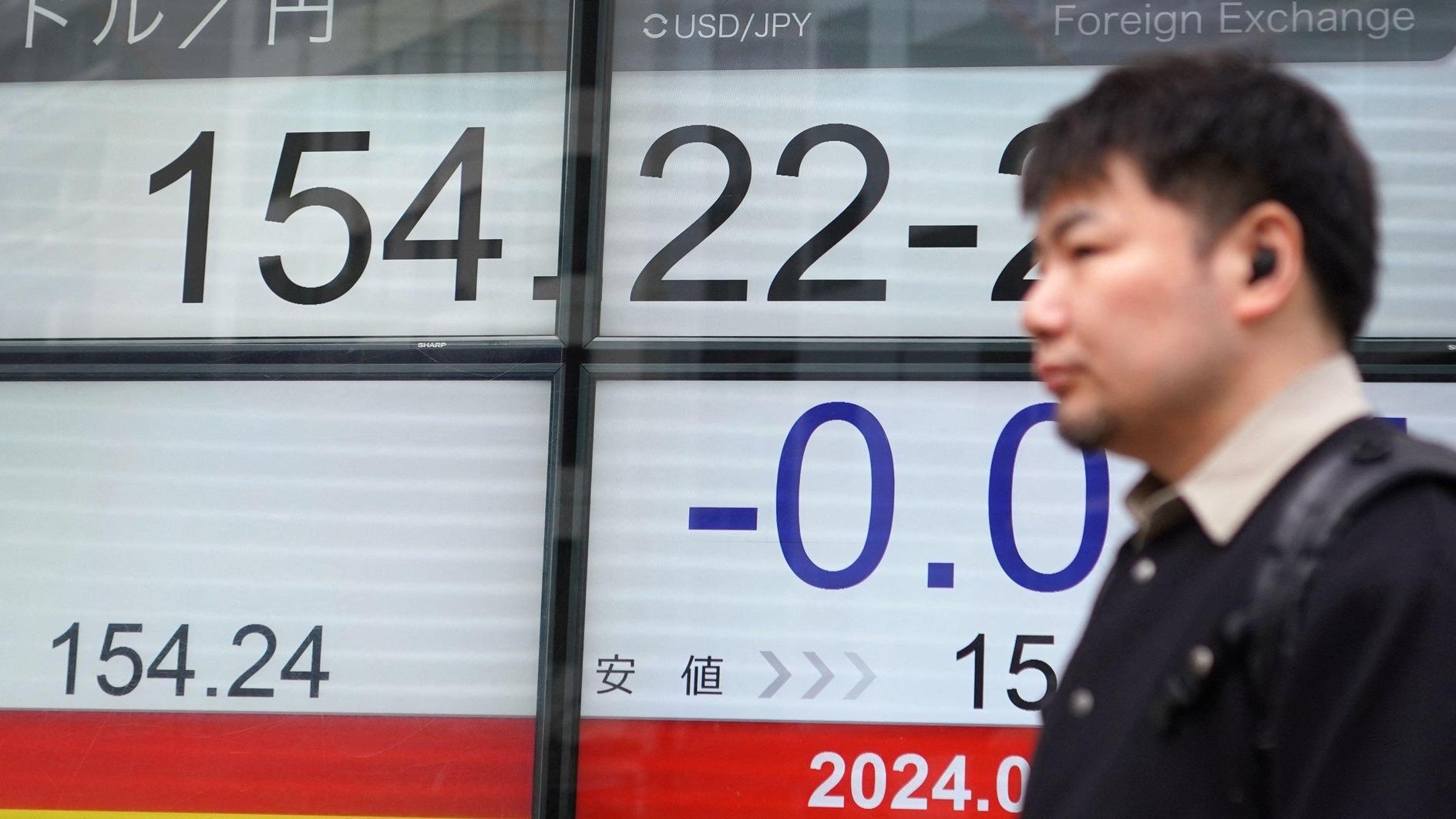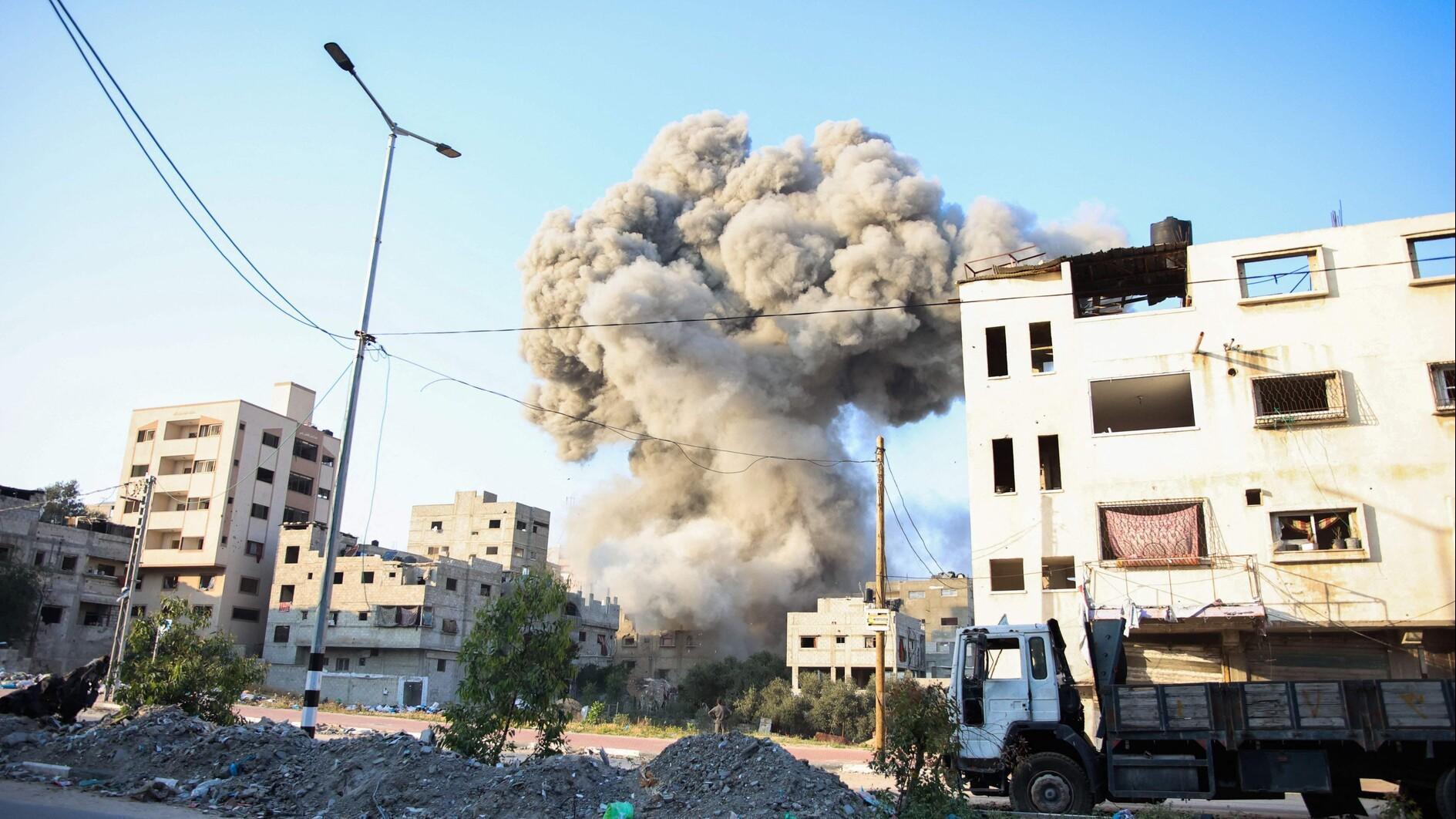Expert: MHP votes will split 50 /50 on presidential referendum
The Nationalist Movement Party (MHP) is back on the radar for those who are trying to analyze Turkey’s domestic politics.
Last month, MHP head Devlet Bahçeli called on the ruling Justice and Development Party (AKP) to present its constitutional amendments to change Turkey’s parliamentary system to presidential one. At first, many wondered about Bahçeli’s game plan, and even the AKP elites were suspicious about a possible “trap.”
In a recent interview with veteran journalist Kemal Can, a long-time observer of the MHP, I had asked him to explain Bahçeli’s current strategy.
According to Can, Bahçeli has decided to take sides with the “power bloc,” or the “right-wing bloc,” ever since the inconclusive June 7, 2015 general election. He wanted the AKP to recognize the MHP as an (unofficial) coalition partner.
That might be understandable in terms of short-term strategy, but the question being asked these days is about the future of the MHP if Turkey does change to a presidential system. Typically, only two political parties survive under presidential systems: One in government and the other in opposition. I asked Can to explain why the MHP would opt to support a system change that will end its very existence.
Can stressed that there could be a presidential system based on “two-and-a-half parties.” He is confident that Turkey’s political balances and sociology would not give way to a system based on two big major parties.
“Today, we seem to be faced by two big blogs due to the current substance of polarization in Turkey,” he said, referring to the current dichotomy based on “AKP vs. anti–AKP.”
“But just as the main opposition Republican People’s Party (CHP) and the Peoples’ Democratic Party (HDP), which are both in the anti–AKP bloc, will not merge into one party, the right-wing bloc in Turkey also requires the existence of more than one party,” Can added. According to him, unlike most countries with a two-party system, there are many religious, sectarian, ethnic, cultural, and sociological fault-lines in Turkey that complicate limiting the choice to only two parties.
“But when you look at the AKP and the MHP, their policies on the Kurdish issue, democratization, and foreign policy overlap. One has difficulty seeing their difference,” I said.
“Currently there are overlaps,” Can said, but then underlined the fact that for the AKP religious bonds are more important than ethnic or nationalist bonds. He specifically recalled how Erdoğan attacked nationalists in Turkey when he started the solution process with the Kurds.
In other words, there are separate Islamist and nationalist veins within right-wing politics in Turkey, which do not necessarily agree on all vital issues. “Otherwise, how can you explain the continued existence of the MHP, winning at least 10 percent of the votes, even after other right-wing parties like the ANAP, the DYP, the Welfare Party and the Felicity Party, have folded during AKP rule?” Can asked.
MHP votes to split 50 / 50 in presidential referendum
Can suggests that MHP head Bahçeli wants to put himself in the position of “kingmaker,” but he does not think the MHP’s votes will make a huge difference in any presidential referendum.
Can says half of MHP voters are likely to say “yes” while the other half will say “no” to the presidential system.
“Those who say ‘yes’ will think, ‘Why should we oppose Recep Tayyip Erdoğan, as he now says the same things as we say?’ But there is also an important bloc among MHP voters who have been alienated during the 14-year rule of the AKP,” said Can.
“An important number of MHP voters have been politically and economically excluded, especially in the rural parts of Turkey. They are the ones who supported Meral Akşener,” he added, referring to the strongest candidate against Bahçeli prior to the July 15 coup attempt, after which Bahçeli’s opponents had to go silent.
Can believes that even though Bançeli’s opponents seem to have weakened after the failed coup attempt, which ended the process for a leadership change, they still present an important potential whose frustration could reflect itself as a “no” vote in the referendum.
Can also believes that the degree to which the AKP mobilizes its voters to come to the ballot box for the presidential system will also be decisive.











